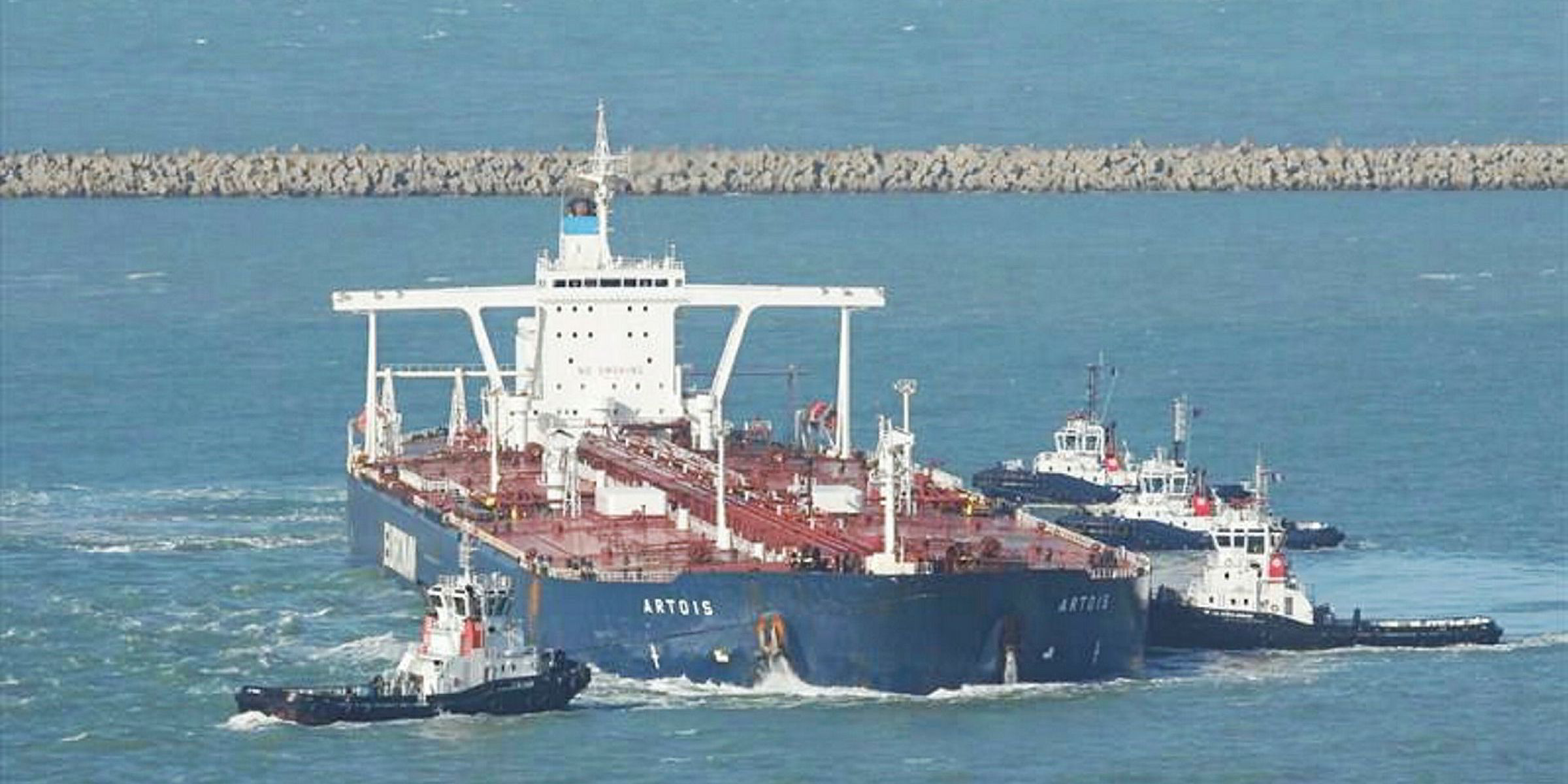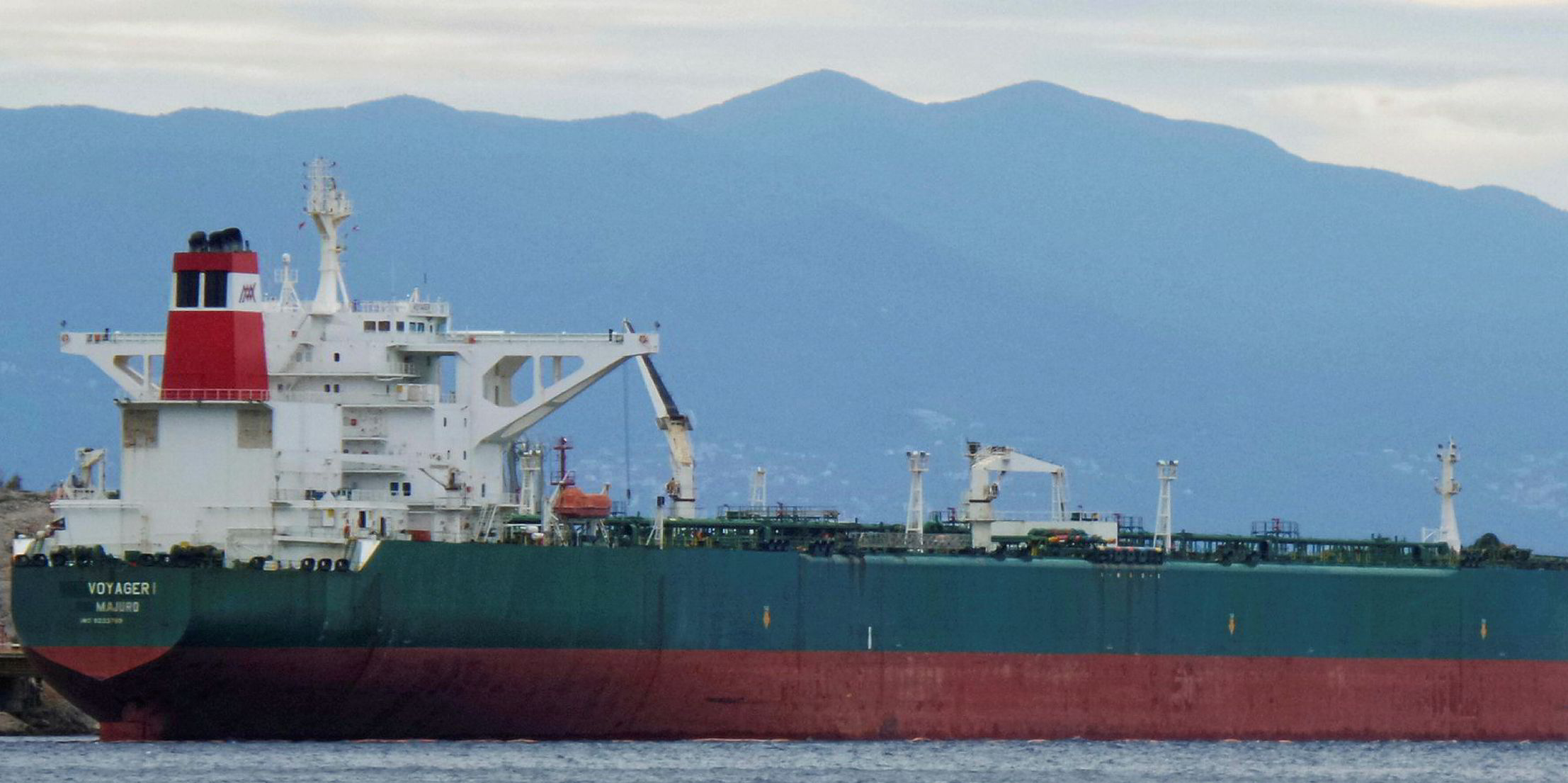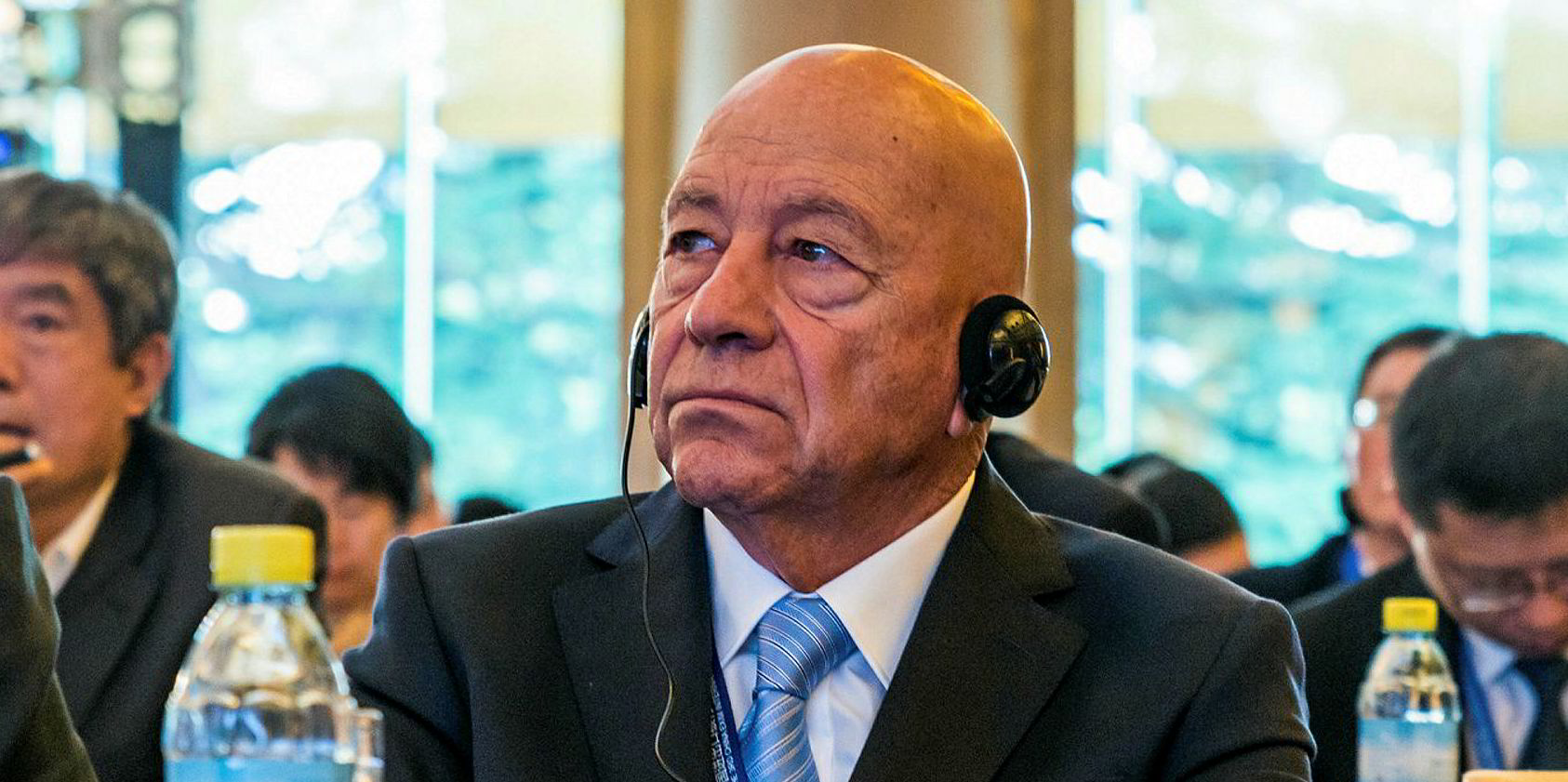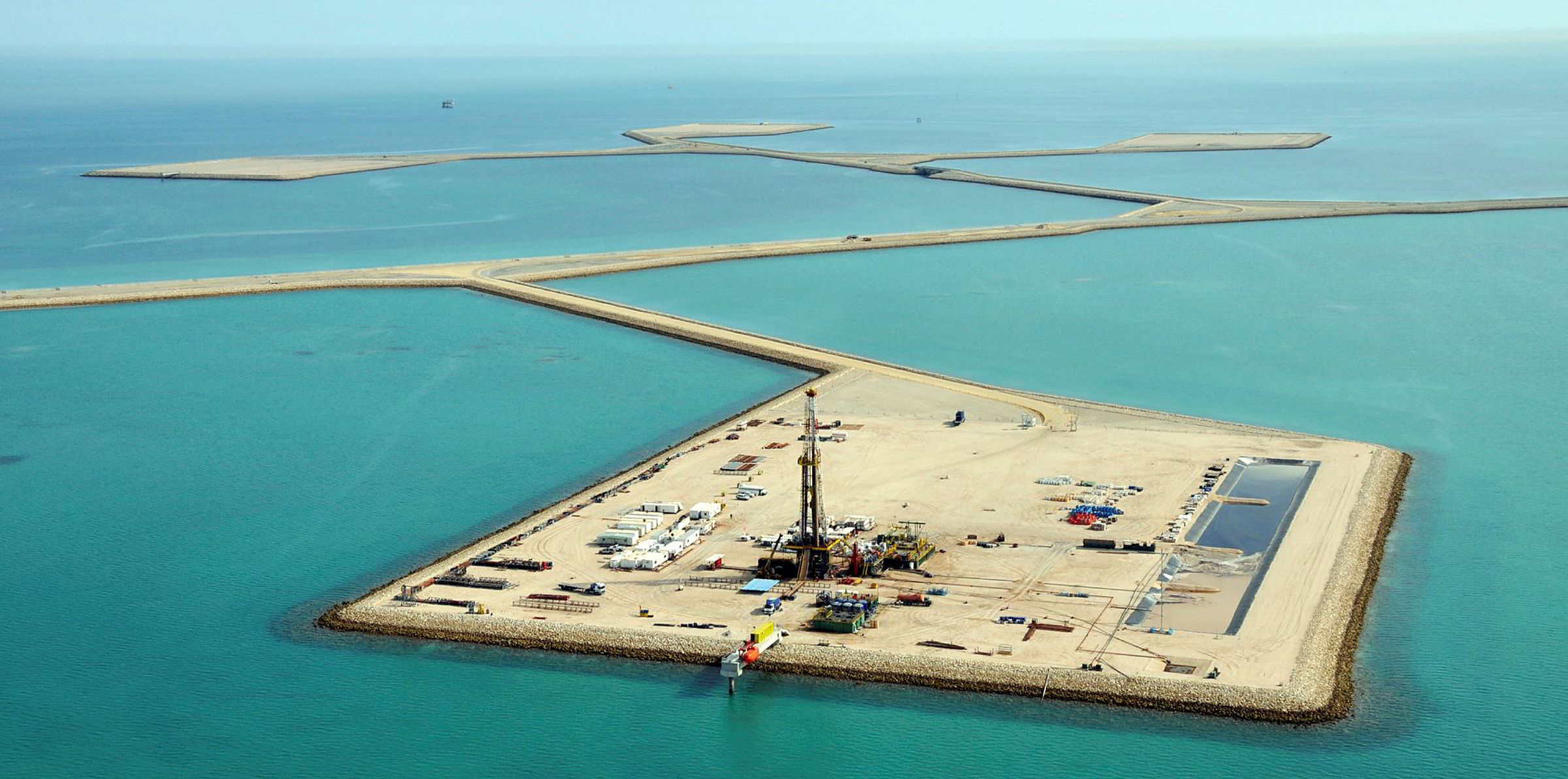US sanctions have prompted a Singaporean trading house to sell Venezuela-linked tonnage while turning tankers away from the South American country.
A Mercantile & Maritime (M&M) spokesman confirmed to TradeWinds that the company sold the 298,300-dwt Trident Agility and 299,500-dwt sisterships Trident Symphony and Trident Tenacity (all built 2001).
“We got rid of those vessels. We want to be completely clear that we are in compliance,” the spokesman said.
“As a global business operating across the oil and gas value chain, Mercantile & Maritime is focused on traditional trading activities in line with all international trade laws and maritime regulations.”
The company declined to reveal the sale price and name buying interests. Industry databases have not shown any updated ownership information.
Clarksons Research listed M&M as the owner of seven tankers, including the three VLCCs. But the spokesman said the company does not own ships anymore.
'Surprising' disposal
The move is seen as unusual as M&M, controlled by Canadian-Pakistani oil trader Murtaza Lakhani, only bought the VLCCs from Ridgebury Tankers for $98m in October last year.
“It is not impossible but definitely surprising,” a London-based broker said. “They took delivery so little time ago that [it] is surprising to see them offloading already.”
The VLCC Ridgebury Utik joined M&M’s fleet as the Ridge S, the Ridgebury Artois as the Ridge A, and the Ridgebury Utah as the Ridge U in November last year, Equasis data showed.
Under those names, the tankers received Venezuelan crude via ship-to-ship transfers off Lome, Togo, at the turn of 2020, according to Lloyd’s List Intelligence.
In March, the Ridge S changed its name to Trident Symphony, Ridge A to Trident Agility, and Ridge U to Trident Tenacity.
During the same month, M&M said on its website that it was terminating its Venezuela-related business to comply with US sanctions.
Pressure from the US
Having first imposed sanctions on Venezuela’s oil sector to drive out President Nicolas Maduro in January 2019, Washington has gradually ramped up pressure on the Opec member state.
The US is taking a series of actions against lifters of Venezuelan crude this year, with Rosneft Trading sanctioned, and Chevron ordered not to ship oil from the country. Eni, Repsol and Reliance Industries have also been reportedly asked to stop doing business in Venezuela.
On 2 June, the US Office of Foreign Assets Control put an aframax, a suezmax and two VLCCs on the sanctions list for allegedly lifting oil from Venezuela between February and April.
Three of the four ships' managers — Dynacom Tankers Management, Thenamaris and NGM Energy — were responsible for more than half of Venezuela's crude exports last month. The fourth was managed by Chemnav Navigation.
None of those four managers will deploy any ships to lift from Venezuela in June, data from Kpler indicates.
According to Reuters, Bangkok-based Tipco Asphalt had chartered Thenamaris’ 163,300-dwt Seadancer (built 2006) to transport Venezuelan crude to its refinery in Malaysia before cancelling the shipment.
Vessel-tracking data shows the ship has set sail for Piraeus after wandering in the Atlantic Ocean for almost a week.
Reuters also reported Dynacom’s 150,000-dwt Novo (built 2012) had been fixed to lift from Venezuela on Saturday before the charter contract was suspended.
TradeWinds has approached Tipco Asphalt, Thenamaris and Dynacom for comment.
Venezuelan crude exports have been on a downwards trend due to US sanctions. Kpler data showed exports reached 456,000 barrels per day (bpd) in May, down from 1.29m bpd in December 2018.
No boost for owners
In a further effort to oust Maduro, various media outlets have reported that the US is preparing to blacklist dozens more tankers for trading with Venezuela.
Clarksons Platou Securities suggested 23 VLCCs, 17 suezmaxes, 35 aframaxes, three panamaxes, four LR2s, 21 LR1s, and five MRs had been to Venezuela in the last six months, making them potential sanctions targets.
“We have counted more than 2% of the crude and product fleet having called in Venezuela,” said the brokerage, adding that a 2% increase in fleet utilisation could lift daily VLCC earnings from $50,000 to $75,000 if the sanctions materialise.
While charterers are starting to avoid vessels that have called in Venezuela this year, shipowners have failed to hike rates due to vessel oversupply, according to brokers.
Tanker International data showed Formosa Petrochemical fixed Essar Shipping’s 281,400-dwt Smiti (built 2005) on subjects for a voyage charter from the Middle East Gulf (MEG) to Taiwan at Worldscale 50, with a lifting date between 28 and 30 June.
Spot VLCC earnings on the benchmark MEG-China route were assessed at $50,245 per day on Wednesday, having changed little this week, according to the Baltic Exchange.
Average suezmax earnings were $9,827 per day — a 14-month low. Average aframax earnings were $7,812 per day, close to their lowest since late August.
“The suezmax market has been down in the gutter for some weeks now ... Going forward, it is hard to see this market going anywhere,” shipbroker Fearnleys said.
“Aframaxes trading in the North Sea and Baltic area have seen rates hit rock bottom with earnings being close to nothing. With the current lack of activity, and even oil company relets looking for employment, we expect no improvements in the near future.”
This story has been updated to add new information and to reflect that M&M's spokesman said it does not own ships any longer.










